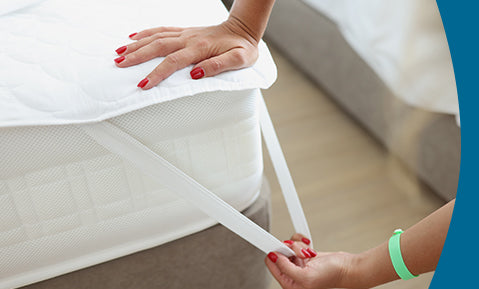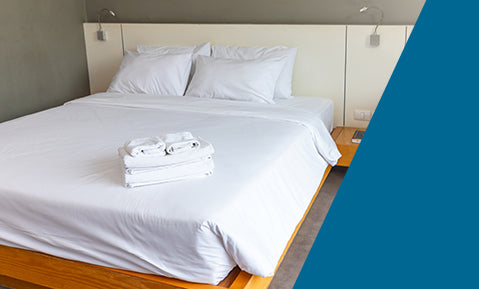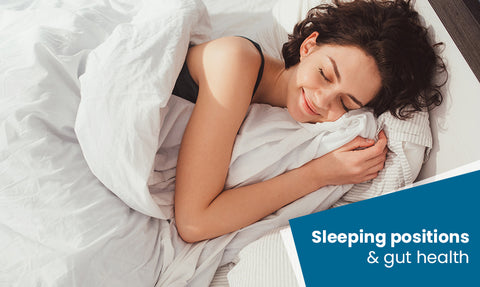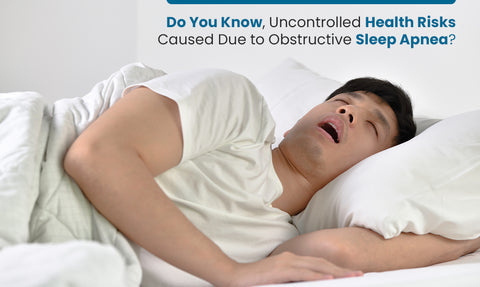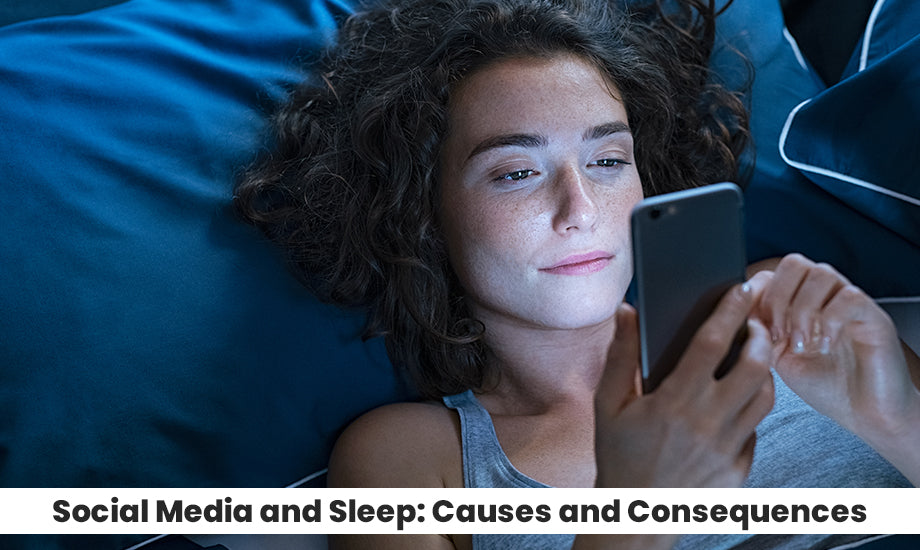
Social media has become a substantial part of many people's everyday lives. According to the Pew Research Center, nearly three-quarters of Americans use some form of social media. Worldwide, it is estimated that there are over 3.6 billion users of social media. Social media has become a popular way to keep in touch with family and friends, stay up to date with current events, and even to find a job. It is also used by businesses as a way to market their products, reach out to customers, and promote their services. Social media has become an invaluable tool for both personal and professional communication.
Overview
A 2020 study by the University of Pittsburgh School of Medicine found that the more time young adults spent on social media, the more likely they were to experience poor sleep quality, shorter sleep duration, and higher levels of daytime sleepiness. The study, which included 1,788 adults between the ages of 19 and 32, also found that spending more than two hours per day on social media was associated with a greater likelihood of poor sleep quality.
Another study in the year 2018 conducted by the University of Pennsylvania found that reducing social media use by about an hour a day can improve sleep quality and reduce depression and loneliness. The study, which included 143 participants, used a randomised controlled trial to assess the impact of limiting social media use to 10 minutes per platform, per day. Participants reported improved sleep quality, reduced loneliness and depression, and higher levels of life satisfaction.
The causes of social media addiction are complex and vary from person to person. Common contributing factors include loneliness, boredom, the need for validation, and the desire to show off. Social media provides an escape from reality and can be a way to boost one’s self-esteem. It can also be a source of instant gratification as people gain validation from the number of likes and followers they have.
People are addicted to social media because it provides an easy way to connect with friends, family, and colleagues, as well as a platform to share ideas, news, and information. It also offers a sense of acceptance and belonging, as well as a way to stay up-to-date on the latest trends. Additionally, people are often drawn to social media for its entertainment value, with platforms such as YouTube, Instagram, and TikTok providing an endless stream of content to explore.
How Social media curbs your health

Social media can be used restrictively. Long term usage of social media hackles your real growth and affects the perspective of life.
It can disrupt your mental efficiency and reduce your physical presence.
- Increased exposure to blue light from screens which can disrupt melatonin production and cause insomnia.
- Constant notifications and alerts can create anxiety and stress, and make it difficult to relax and unwind before bed.
- The urge to respond to messages and notifications can lead to staying up late.
- People often compare themselves to others on social media, which can lead to feelings of inadequacy and cause difficulty sleeping.
- Comparing others’ lives can make one feel dissatisfied with their own life, leading to difficulty sleeping.
- People often post about their successes and achievements on social media, which can lead to feelings of envy and a sense of failure, making it difficult to sleep.
- The constant distraction of social media can make it difficult to focus on pre-bedtime activities like reading or writing that can help induce sleep.
- Social media can lead to people forming unhealthy habits such as staying up too late or engaging in unhealthy late night snacking.
- Social media can cause FOMO, or fear of missing out, which can lead to difficulty sleeping.
- Social media can make it difficult to disconnect from work and other responsibilities, leading to difficulty sleeping.
Research has also shown that people who use social media more often have more difficulty falling asleep and have a lower quality of sleep. They also tend to wake up more often in the night and wake up feeling less rested than those who use social media less. It is thought that this is due to the bright lights, stimulating content, and potential for distraction, which can all interfere with our natural sleep cycle. Additionally, the time spent on social media can take away from the time that we should be spending winding down and preparing for sleep.
Growth of social media

There has been staggering growth in the number of users using social media. The user count of social media users has grown by 13% in the last 5 years. Social media use has increased by almost 9% in the last year. According to a study, in one year, an average web citizen spends over 900 hours surfing social media or 2.5 hours every day. Instagram has grown from 1 million users in 2010 to over 1 billion users in 2020. Facebook has over 2.7 billion monthly active users. YouTube accounts for over 2 billion monthly active users. Twitter accounts for 330 million monthly active users. Snapchat has over 255 million daily active users. TikTok has more than 800 million monthly active users.
The growth of social media has helped us in many ways. It has helped in more convenient ways to keep us connected and practically made our lives easier but given its limit, if overused it can have several impacts on our mental, physical and social health.
Remedies
The addiction of social media is very common. Even if we know that we are addicted to it, we often feel trapped by its dependency. Restricting usage of social media is a difficult philanthropy.
However If you don’t know where to start. Put on some of this tips to restore your true perspective
- Set a time limit for social media use at night, such as an hour before bedtime.
- Utilise a social media blocker to prevent access to your accounts.
- Turn off notifications from social media apps at night.
- Turn off the Wi-Fi or router in your home at night.
- Delete social media apps from your phone at night.
- Give yourself a break from social media for a few nights a week.
- Unfollow any accounts that make you anxious or upset.
- Make sure to get enough sleep by going to bed at the same time each night.
- Spend time doing activities that don’t involve social media at night.
- Talk to your friends and family in person instead of on social media.
Final View

Social media is a powerful tool that has changed the way people communicate and interact with each other. It has allowed us to connect with people from all over the world instantly, share our thoughts and opinions, and engage in conversations with people we would never have otherwise had access to. However, this incredible tool has also created a new problem in our society i.e the addiction of social media.
A 2018 study conducted by the American Academy of Sleep Medicine found that social media use was associated with shorter sleep duration and poorer sleep quality. The study also found that social media use was associated with increased levels of anxiety and depression.
Such is the power of social media, it happens to create and destroy people. Once you let in the thoughts and prospective to creep in, you will synchronise with it.
Remember everyone has a different perspective. What is right for them may not be right for you. So give your time to the physical icons rather than with digital beings.

